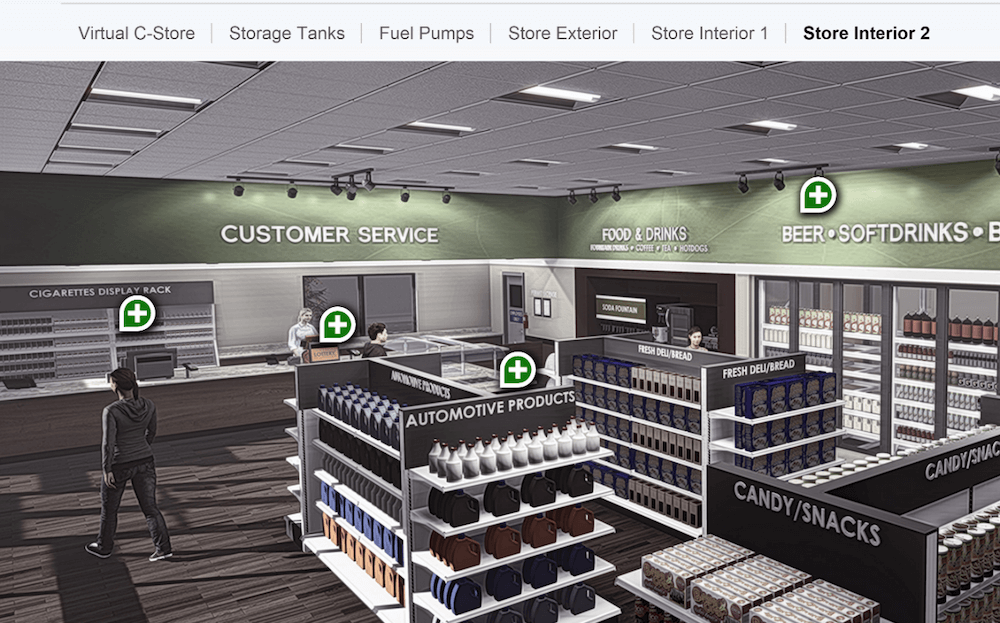How Technology Helps C-Stores Reduce Compliance Risk

Many laws govern the forecourt and the convenience store (c-store). Convenience store retailers must be aware of these regulations or face heavy fines, risk being shut down and/or put out of business due to non-compliance. Regulations govern some of the highest selling items in a c-store including cigarettes which, according to the 2014 NACS State of the Industry Report, accounted for an impressive 31.78% of total in-store sales while contributing 14.15% of total in-store profits. Although on a decline in terms of sales, cigarettes are still one of the most important in-store merchandise categories and are subject to heavy regulation.
How do regulations affect a c-store’s financial health and how can technology help meet these regulations?

C-STORE MERCHANDISE REGULATIONS: TEXAS AND CIGARETTES
The Texas Food and Fuel Association provides a virtual convenience store that highlights c-store regulations including the state’s rules governing the sales, advertising and display of cigarettes which can be found on the Texas Department of State Health Services’ website. The state’s regulations not only heavily influence the placement of cigarettes in a c-store but also other merchandise such as automotive, liquor and lottery. The consequences and risk of not complying with cigarette state laws include Class C misdemeanor for the store clerk that sells tobacco to a minor and fines including:
- First offense: up to $500 fine
- Second offense: up to $750 fine
- Third offense: up to $1,000 or 3-day permit suspension
- Four or more offenses: permit revocation (can apply after six months)
HOW TO USE TECHNOLOGY TO REDUCE COMPLIANCE RISK
Cashier training should be carried out per the regulations governing a c-store, but technology can help reduce compliance risk. From in-store technology, such as point-of-sales systems, to back-office solutions, an integrated system can help c-store owners comply with laws and regulations. For example:
SmartPOS Enables Compliance and Risk Management by:
- Providing an easy way to meet regulations by requiring the cashier to record and follow an age verification and other operational procedures
- Providing video footage and journaling to review sales of age restricted and other regulated items
- Integrating with a centralized price book, enabling POS systems to be quickly, securely and efficiently updated with new age restricted or other regulated items
C-Store Office Enables Compliance and Risk Management by:
- Assigning age restriction to inventory items, enforcing an age verification process at the point of sale
- Centralizing an organization’s price book which allows for uniform, secure and controlled updates to c-store cash registers and regulated merchandise items
- Organizing and tagging age restricted and high risk items for placement, reporting and management
- Alerting and reminding managers and cashiers of regulations or changes to regulations through the virtual workspace and newsfeed







2comments